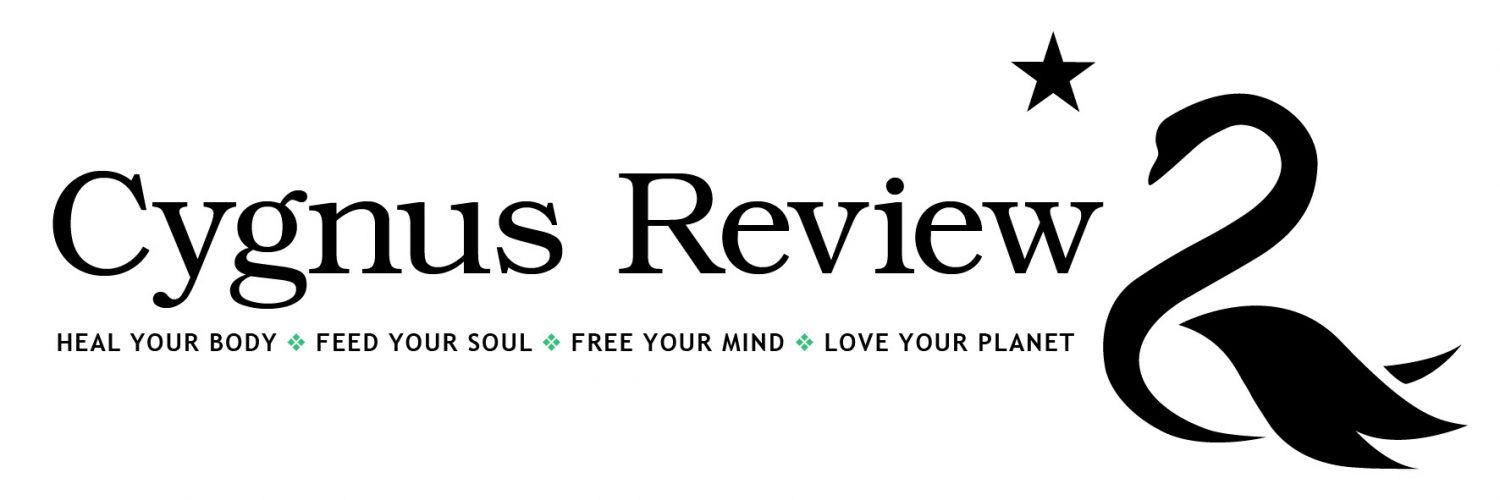
Nothing can survive without food. Everything we consume acts either to heal us or to poison us. We tend to think of nourishment only as what we take in through our mouths, but what we consume with our eyes, our ears, our noses, our tongues, and our bodies is also food. The conversations going on around us, and those we participate in, are also food. Are we consuming and creating the kind of food that is healthy for us and helps us grow?
When we say something that nourishes us and uplifts the people around us, we are feeding love and compassion. When we speak and act in a way that causes tension and anger, we are nourishing violence and suffering.
We often ingest toxic communication from those around us and from what we watch and read. Are we ingesting things that grow our understanding and compassion? If so, that’s good food. Often, we ingest communication that makes us feel bad or insecure about ourselves or judgmental and superior to others. We can think about our communication in terms of nourishment and consumption. The Internet is an item of consumption, full of nutrients that are both healing and toxic. It’s so easy to ingest a lot in just a few minutes online. This doesn’t mean you shouldn’t use the internet, but you should be conscious of what you are reading and watching.
When you work with your computer for three or four hours, you are totally lost. It’s like eating french fries. You shouldn’t eat french fries all day, and you shouldn’t be on the computer all day. A few french fries, a few hours, are probably all most of us need.
What you read and write can help you heal, so be thoughtful about what you consume. When you write an e-mail or a letter that is full of understanding and compassion, you are nourishing yourself during the time you write that letter. Even if it’s just a short note, everything you’re writing down can nourish you and the person to whom you are writing.
Consuming with Mindfulness
How can you tell what communication is healthy and what is toxic? The energy of mindfulness is a necessary ingredient in healthy communication. Mindfulness requires letting go of judgment, returning to an awareness of the breath and the body, and bringing your full attention to what is in you and around you. This helps you to notice whether the thought you just produced is healthy or unhealthy, compassionate or unkind.
Conversation is a source of nourishment. We all get lonely and want to talk to someone. But when you have a conversation with another person, what that person says may be full of toxins, like hate, anger, and frustration. When you listen to what others say, you’re consuming those toxins. You’re bringing toxins into your consciousness and your body. That’s why mindfulness of speaking and mindfulness of listening are very important.
Toxic conversation can be difficult to avoid, especially at work. If it is going on around you, be aware. You need to have enough mindful awareness not to absorb these kinds of suffering. You have to protect yourself with the energy of compassion so that when you listen, instead of consuming toxins, you’re actively producing more compassion in yourself. When you listen in this way, compassion protects you and the other person suffers less.
You absorb the thoughts, speech, and actions you produce and those contained in the communications of those around you. That is a form of consumption. So when you read something, when you listen to someone, you should be careful not to allow the toxins to ruin your health and bring suffering to you and to the other person or group of people.
To illustrate this truth, the Buddha used the graphic image of a cow that has a skin disease. The cow is attacked by all kinds of insects and microorganisms coming fro the soil, coming from the trees, coming from the water. Without skin, a cow can’t protect herself. Mindfulness is our skin. Without mindfulness, we may take in things that are toxic to our body and mind.
Relationships don’t survive without the right food
Many of us suffer because of difficult communication. We feel misunderstood, especially by those we love. In a relationship, we are nourishment for each other. So we have to select the kind of food we offer the other person, The kind of food that can help our relationships thrive. Everything – including love, hate and suffering – needs food to continue. If suffering continues, it’s because we keep feeding our suffering. Every time we speak without mindful awareness, we are feeding our suffering.
With mindful awareness, we can look into the nature of our suffering and find out what kind of food we have been supplying t keep it alive. When we find the source of nourishment for our suffering, we can cut off that supply, and our suffering will fade.
Often a romantic relationship begins beautifully, but then, because we don’t know how to nourish our love, the relationship begins to die. Communication can bring it back to life. Every thought you produce in your head, in your heart, feeds that relationship. When you produce a thought that carries suspicion, anger, fear, irritation, that thought is not nourishing to you or to the other person. If the relationship has become difficult, it’s because we’ve nourished our judgment and our anger, and we haven’t nourished our compassion.
From The Art of Communicating by Thich Nhat Hanh. © 2013 Unified Buddhist Church, published in the UK by Ebury Publishing.

Cygnus Code: 230907
THE ART OF COMMUNICATING
by Thich Nhat Hanh
Sometimes it s so difficult to choose the right words in our dealings with others. Communication is key to all relationships we have in our life, whether friendships, romance or business, yet still many of us struggle with its most fundamental elements as we fail to really understand how to effectively present our true selves.Click here to buy.




